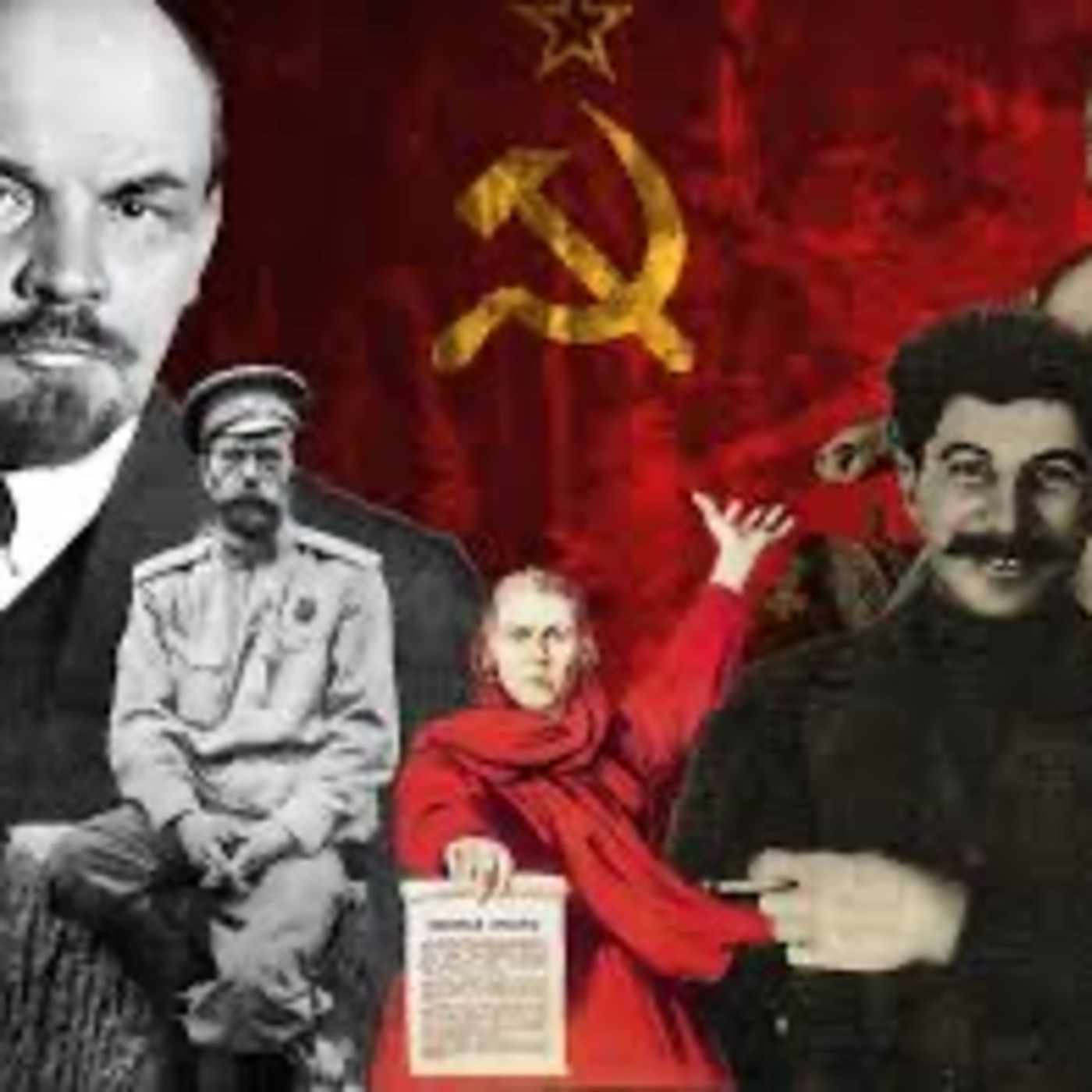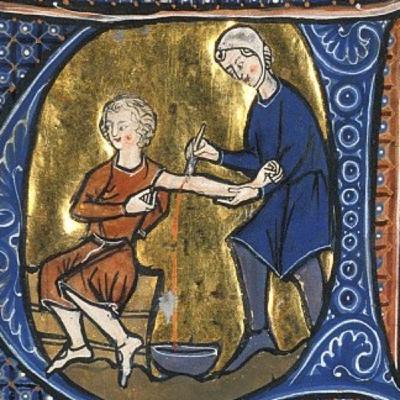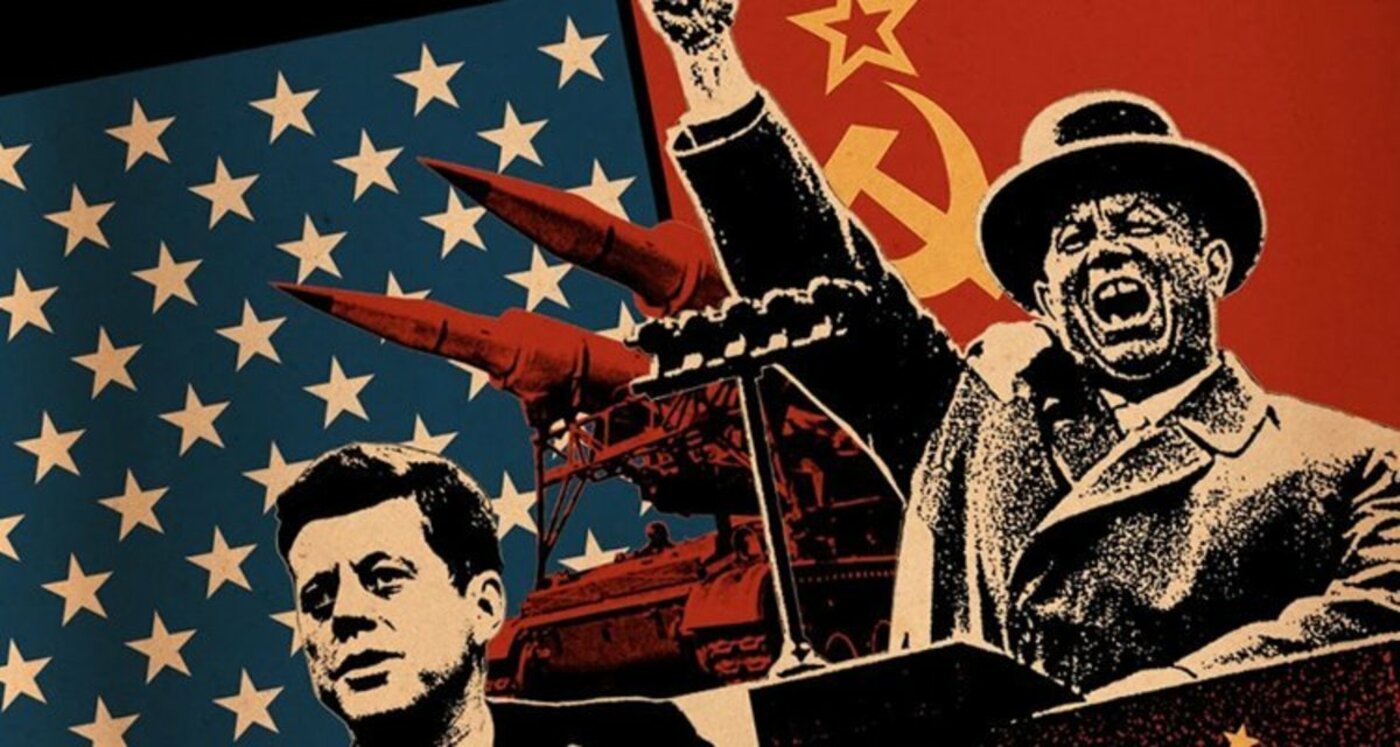Discover Cooper Talks
Cooper Talks

Cooper Talks
Author: Tobias Samuel Cooper
Subscribed: 6Played: 104Subscribe
Share
© Copyright 2025 Tobias Samuel Cooper
Description
A series of episodes to help develop an awareness and understanding of major issues in History and Politics across the USA, UK, Europe and global politics and ideologies; everything for the A Level History, Politics, GCSE History and just those with a curiosity and interest.
60 Episodes
Reverse
In this episode, which links in with the previous one on the civil war, we look at the developmwnt of oppresive means of control and the rise of the Res Terror as the Bolsheviks establish a totalitarian dictatorship across Russia and the newly established USSR
A look at the Civil War and its impact on Russia and the Bolsheviks.
Following on from the Bolshevik seizure of power in October 1917, we look here at the decrees and actions taken to secure their control over the whole of Russia and how this in turn triggered a rise in anti-Bolshevik opposition that would lead to the Civil War.
A look at the work of the Provisional Government between February and October 1917, covering the early hopes and successes, the military failings, Lenin’s return from exile, the July Days and Kerenskey’s rise. Ultimatley we will see how the Provisional Government failed to take its chance and allowed the Bolsheviks to seize power in October 1917z
A look at how World War I changed things in Russia, leading to hige discontent and eventually the February Revolution and end of Tsairst rule.
A look at the retun to autocratic rule following the 1905 Revolution ans how the Tsar tried to ignore the demands for change. All of this helps explain why, when things went so wrong in World War I it lead to the Tsar losing all control and power in the February Revolution if 1917.
A very quick look at the Tsarist regieme, the problems it faced and of Russia as a whole up to and including the Revolution of 1905.
A look at the Kornilov Affair during 1917; what it was, why it happened and what the consequences were for Kerensky, the Provisional Government and the Bolsheviks.
A look at the development of penicillin in the fight against infections.
A look at the attitudes, causes and treatments around lung cancer in the UK targetted for the GCSE course and how it shows the devleopment in medical practice and attitudes.
A quick look at Cholera and the outbreaks in 19th century London. The work of John Snow in identifying dirty water as the source and the attempts to improve the water supply.
In this episode I take a look at the work of Edward Jenner and the development of vaccines at the end if the 18th centruy and how vaccines became popular and successful at ending small pox in the UK.
In this episode we look at the work of William Harvey which disproved Galen’s theory thet the liver pumped blood and made dramatic increases in the development of anatomical understanding and medical reseach, if not in diagnosis and treatment during the 17th century.
One of the medicine case studies we look at the last major outbreak of the bubonic plague in England, known as the Great Plague of 1665. A different outbreak but the same disease as afflcited England during the Black Death, the Great Plague offers a useful comparison between the middle ages and Renaissance period in terms os similarities and differences in attitudes towards the cause and treatment of disease.
A look at Medieval Medicine, focused on England, lookinng at the Black Death as a case study for attitudes and ideas relating to the causes and cures for illness in this time. Though much if it shows the severe limitiations if medieval medicine, some if the new measures may feel familiar to the modern world. More than anything, it raises the quesrion if why so little change occured follwoing this major pandemic.
In this episode we look at the cosntruction of the Berlin Wall in 1961. We link it back to Potsdam and the changes that had occured in the 1950s as well as the short term causes that ked to the construction of the physical wall. One of the pivitol moments of the Cold Wat with huge symbokic consequences for the course of the conflict, I hope this epsidoe gives you the important contextual information for understanding the significance of the bulding of the Berlin Wall and why Beelin was such a flashpoint in international relations during the Cold War.
In this episode I look at the events in Eastern Europe in 1988-89 that resulted from Gorbachev's New Thinking and how they would lead to the collapse of the Warsaw Pact and freedom and political changes that would effectively end the Cold War in Europe.
A look at Gorbachev and his New Thinking, including rhe impact it had on the Soviet Union, the Warsaw Pact and the Cold War with America.
A look at the period 1980-85 and the changing leadership in the USSR
Looking at Reagan’s more aggressive stance and the beginning of a more aggressive period in the Cold War after Detente.








Thank you, it's a great introduction